Adventures with Trousseau
Trio of Trousseau

Eyrie Vineyards, Willamette Valley
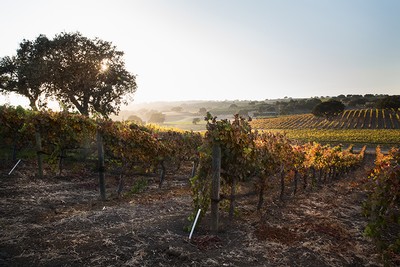
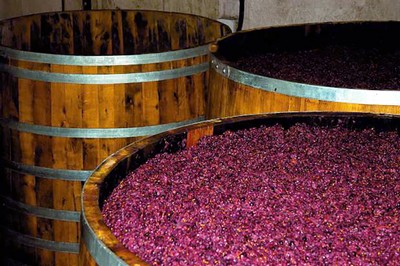
Stolpman Vineyards, Santa Barbara Domaine Tissot, Jura, France
Trousseau is somewhat of a mystery to many wine drinkers. Indigenous to the Jura region of France, in the town of Montigny-les-Arsures, the dark-skinned grape varietal has quite the history in Europe and is known to have been cultivated for at least 200 years under a variety of names. Curiously, until recently it has most widely been known in Portugal as Bastardo where it is made into dry red table wines as well as their most famous exports, Porto and Madeira. In Spain, it can be found under other names, Merenzao and Verdejo Negro, where it is used both alone and in red blends.
The most compelling Trousseau are those that can be coaxed into a subtle and balanced expression of tart red fruit, minerality and mossy earth. Trousseau can easily become a high-octane wine, due to the naturally abundant sugars in the grape varietal. Due to this, it can be considered fully ripe and ready to pick when at a lower sugar level than other varietals, thus producing a wine that is higher in acid with less alcohol.
I first discovered Trousseau while “palate trouncing” through the wines of the Jura in my first years in the restaurant world. I was instantly taken by these unusual and rustic wines, at times confused by their strangeness and curious as to what made them so much different than the polished New and Old World wines to which I’d become so accustomed. The initial rawness and brutality impressed but intimidated me. I was confused but not put off. As I began to dig deeper into the world of Jura wine, I discovered there existed a subtlety and odd grace to these wines that I had never had the opportunity of tasting. Odd grace – like an elephant on ice skates.
Let’s not beat around the bush: I have fallen for Trousseau. I am drawn to varietals with strange minerality and evocative dark forest matter, bright and light fruit piercing through the undergrowth to create a truly compelling wine. It can take on notes of light and bright sour cherries, ripe red fruit and expiring green matter or, depending on vinification technique, become a pungent, alcohol-driven, red fruit beast in need of a good chill. It is the forgotten street poet of grapes – full of nuance, easily irritable (thus “Bastardo”), and waiting for recognition of its subtle, easily-overlooked beauty.
New World winemakers are clearly catching on to the appeal of the varietal and Trousseau plantings are popping up with established producers’ names attached throughout the West Coast of the U.S., notably in regions where Pinot Noir, Gamay and other Burgundian varietals have shown success.
In this trio of wines, I have chosen to include Trousseau from its ancient birthplace – the Jura – as well as two of its more recent homes, California and Oregon. By highlighting an essential Jura producer alongside two groundbreaking New World producers, I hope to open a window and offer us a glimpse into the future growth and style flexibility of Trousseau in the modern wine world as we know it. Here is a remarkably unusual chance to explore this oft-forgotten varietal through the artistry of some truly inspired winemakers of our present time. I hope you love them as much as I do.
For the wine drinker who appreciates Pinot Noir and Gamay, these wines should easily appeal. This is food wine: gracefully footed with delightful acid and bright, pungent fruit expression, offering excellent pairing opportunities. These may all be considered natural, organic wines.
Pair Trousseau with: Game birds, smoked pork, berry reduction sauces, paté, or hard cow’s milk cheese (Morbier, e.g.).
“Bring in the bottled lightning, a clean tumbler, and a corkscrew.” - Dickens
Cheers,
Emily Riley
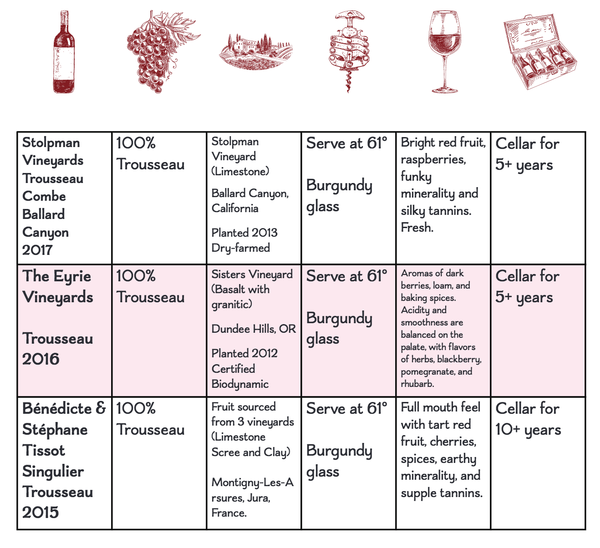
Trio of Trousseau
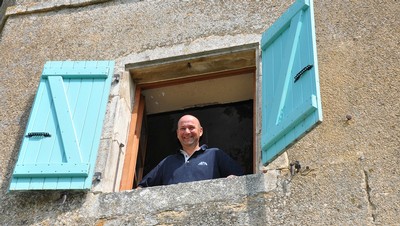
2015 Trousseau ‘Singulier’
Bénédicte & Stéphane Tissot
Bénédicte & Stéphane Tissot produce some of the most intriguing and delightfully mysterious wines of the Jura (Arbois) region in France on their 100 acres of vineyards. Biodynamically certified with Ecocert and Demeter, the Domaine takes painstaking measures to grow, harvest and vinify their grapes in a manner that reflects the utmost respect for their home.
The Trousseau for the ‘Singulier’ is sourced from 3 famous South and East-facing vineyard sites planted on limestone/clay soils. The age of the vines dates back to 1930. Grapes are manually harvested and bottled without fining or filtration. These are incredibly pure, low-intervention wines with a laser-sharp focus on the Jura’s unique terroir and their artful expression of it.
The Trousseau ‘Singulier’, brownish-garnet in color, reminds us of aged Nebbiolo at first sight. With a nose of wild red berry, crushed granite, old charred wood, mossy wet earth, damp green herb, and freshly foraged mushrooms, this is a wine that permeates the senses. On the palate one finds bright and tart red fruit – cranberries and raspberries – with a structured tannic backbone and an earthy, fresh minerality. Finishes with black licorice and molasses on the back palate.
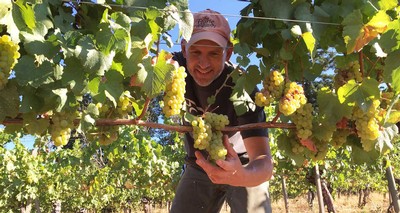
2016 Trousseau
Eyrie Vineyards
Eyrie Vineyards is a special winery. David Lett (1939 – 2008), the founder of Eyrie, was the first to plant, cultivate and vinify both Pinot Noir and Pinot Gris in Oregon, winning them multiple accolades over the years. His son, Jason Lett, took over as winemaker in 2005 and proceeded to plant additional varietals and introduce wild yeast fermentations to Eyrie’s winemaking philosophy. Eyrie Vineyards is certified organic/biodynamic.
Inspired by the winemaking and varietals of France’s Jura region, Eyrie Vineyards planted the Willamette Valley’s first Trousseau vines in 2012. The vividly red wine has aromas of dark berries, loam, and baking spices. Blackberries and brambles, along with tart red fruit on the nose. Stemmy undergrowth. Superbly unctuous on the palate - bright raspberry and rhubarb – with a beautiful mouthfeel, lightweight tannins, and perfectly balanced acidity. Worthy of laying down in the cellar. 2016 is the second vintage of this intriguing wine.
6 months in neutral French oak, full indigenous malolactic.

2017 Combe Trousseau
Stolpman Vineyards
“Combe” refers to a sheltered valley within a vineyard. In his collaboration with Pete Stolpman of Stolpman Vineyards, famed sommelier Rajat Parr has created a truly unique and enjoyable wine with Combe Trousseau. Having convinced Stolpman Vineyards to plant Trousseau in Ballard Canyon,
California, Rajat Parr helped to create a wine that is expressive of both terroir and the Master Somm’s well-respected sensibilities.
Stolpman Vineyards has 153-acres of vineyard land in the Santa Barbara County AVA, planted along limestone ridges that are meticulously dry-farmed.
This is the 4th vintage of Combe Trousseau, incorporating two separately planted vineyard blocks, the second having been planted in 2014. The 2017 Combe Trousseau was picked early – at the end of August – and thus spared the September heat spike that the Canyon experienced. Accentuated by its time spent in concrete fermenters, the wine shows freshness, bright red fruit quality, funk, and a lively minerality.
70% destemmed, 30% whole cluster. Aged in neutral French 500L Puncheons.